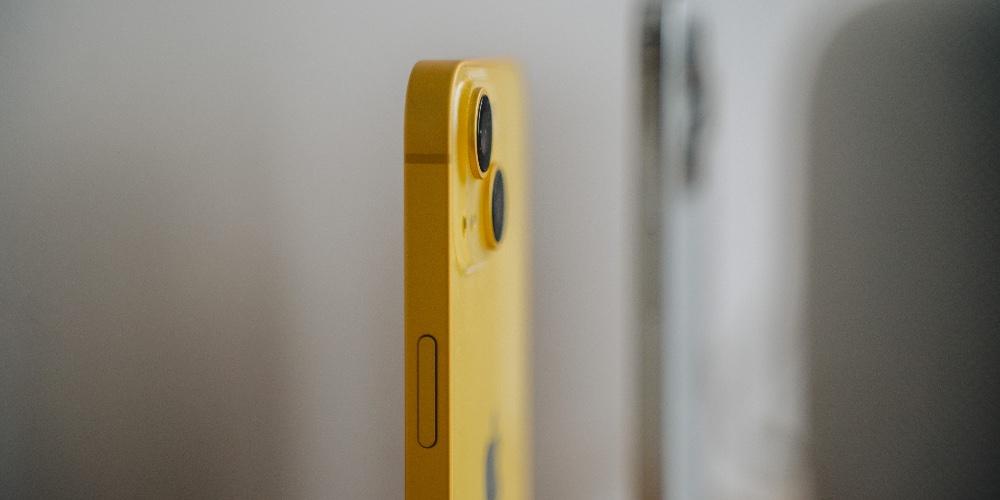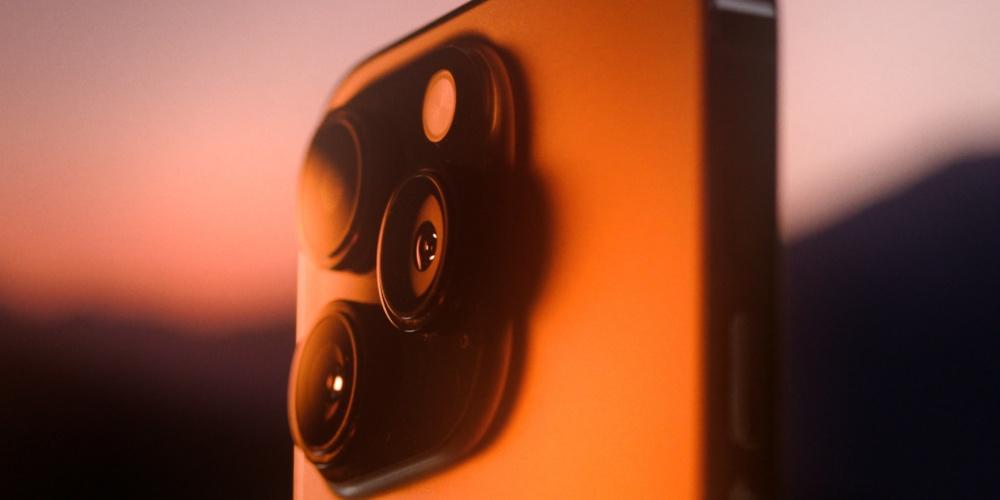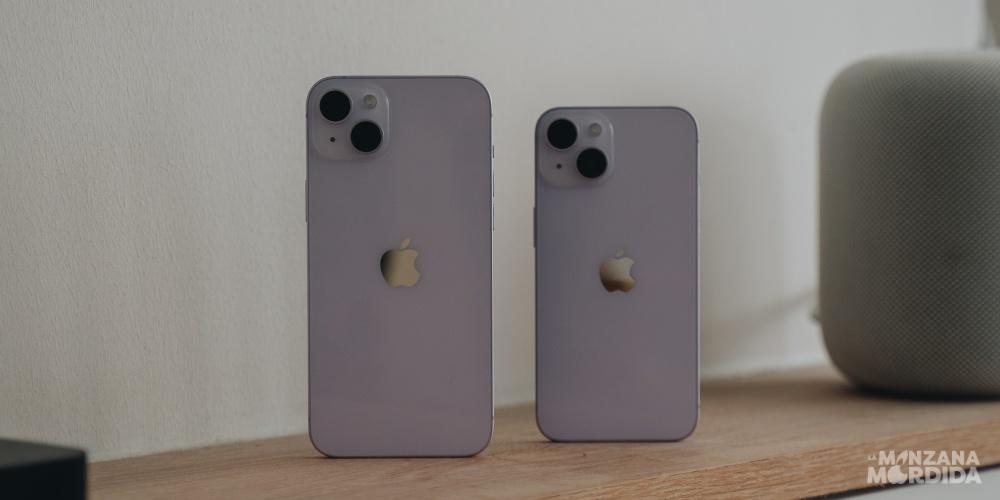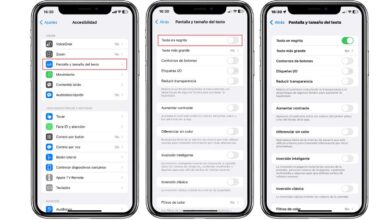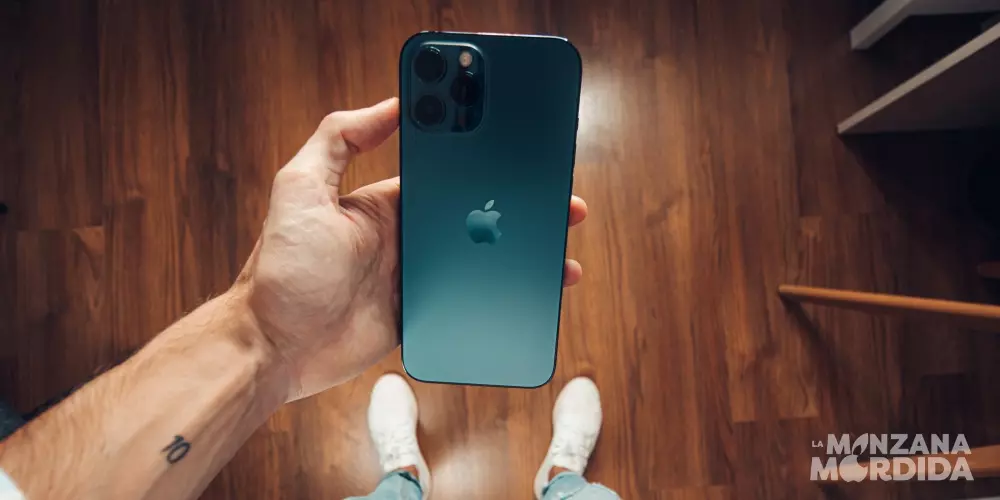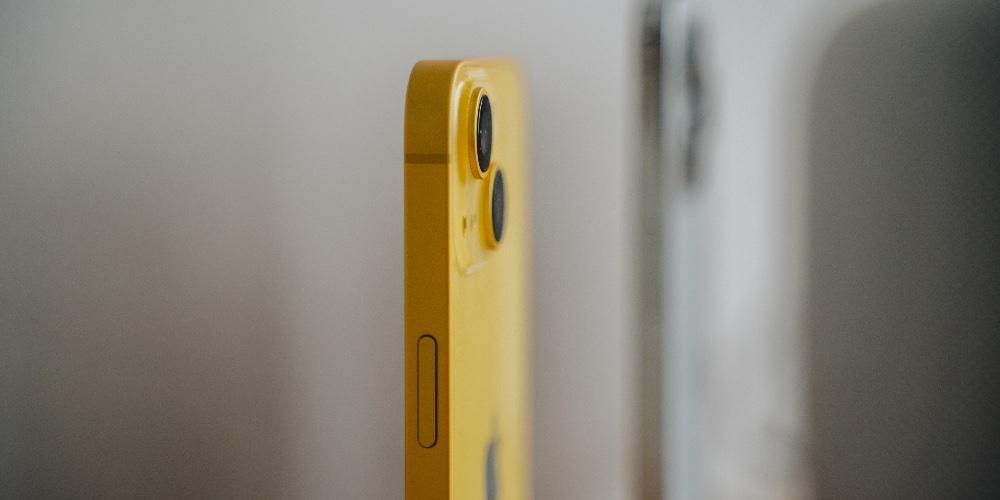
There are more and more rumors that indicate that iOS is less secure than previous versions, because there are more and more devices on the market that do not receive support, but continue to work perfectly or simply want to improve their security even more. Therefore, many users ask themselves: What exactly does an antivirus do on the iPhone? In this post we are going to see it.
What do antiviruses for iPhone do?
To begin with, antiviruses for iPhones do not have the main objective of removing them, but they do carry out a correct analysis about the presence or not of malware on your iOS device.
Along with the security that characterizes Apple, the iPhone antivirus works in the background and constantly monitors all activities on the device. This includes detection of malicious applications, suspicious files and fraudulent links in real time.
They also carry out a rigorous application analysis, since these can be a source of security threats, so installing an antivirus on the iPhone can regularly scan the installed applications looking for suspicious or malicious behavior. If any potentially dangerous applications are found, the antivirus inform the user and suggests actions to take, such as removing or blocking the app.
Another of its source points is protection against phishing. Phishing is a cybercrime technique in which attackers trick users into sharing sensitive information, such as passwords and credit card details. An antivirus on an iPhone can identify and block phishing websites and links, protecting the user from falling for these traps.
Lastly, a antivirus on iPhone can serve as a support to improve the security and privacy control of users, identifying and blocking applications that try to access personal information without permission. This includes contacts, emails, messages, and location data.
How can a virus get into the iPhone?
Although Apple has a good system of encryption and security Of all the processes that take place on the iPhone, if the user browses in Safari, Chrome or Firefox, visiting pages that are susceptible to viruses, a security breach may occur that causes the entry of some malicious software.
Another source of danger in this case is the public Wi-Fi networks, since these can be insecure, being a perfect entry for all those applications or web pages that want to access your device.
By way of conclusion, Apple devices are devices that you have rarely heard or seen a news about a security breach both in the operating system and in a certain number of iPhone units. Therefore, from the writing team of La Manzana Mordida, we consider that having an antivirus on the iPhone is one more step in security, but it is not essential to prevent the entry of malicious software. The use that the owner gives to the iPhone has a more direct effect on the entry of a virus than the installation of multiple applications that imitate its access.
